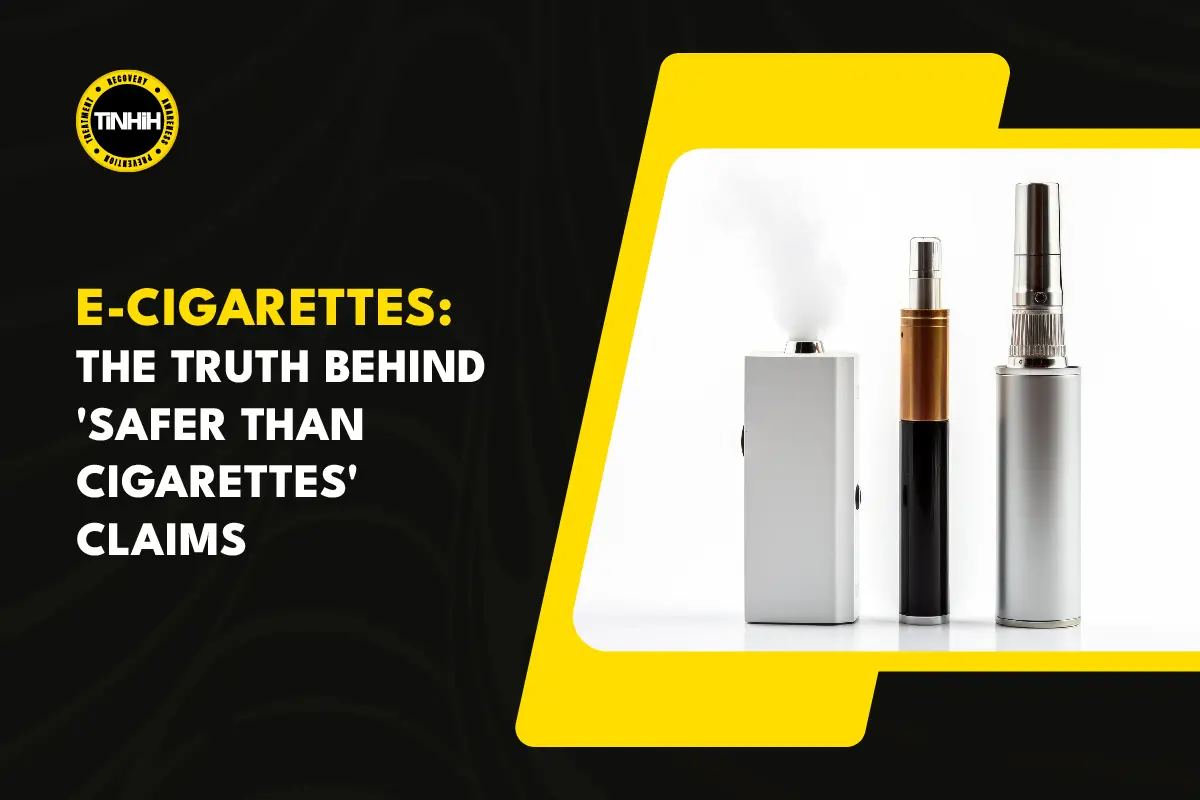The question of whether electronic cigarettes are safer than traditional cigarettes is complex and still under extensive research. Here’s a breakdown of the key considerations:
Reduced Harmful Chemicals
- Traditional Cigarettes: Contain thousands of chemicals, including tar, carbon monoxide, and numerous carcinogens produced by burning tobacco.
- E-cigarettes: Generally have fewer harmful chemicals because they heat a liquid (e-liquid) to produce an aerosol, rather than burning tobacco. However, the aerosol still contains potentially harmful substances.
Nicotine Delivery
- Both: E-cigarettes and traditional cigarettes both deliver nicotine, which is addictive and has negative health effects, particularly on adolescent brain development.
- Varying Levels: The amount of nicotine can vary widely in e-liquids, and some e-cigarettes can deliver nicotine as effectively as traditional cigarettes.
Known Risks of E-cigarettes
- Addiction: Nicotine addiction is a primary concern, especially among young people.
- Lung Damage: Although lacking tar and carbon monoxide, some studies have indicated potential lung damage from flavorings like diacetyl and from ultrafine particles.
- Cardiovascular Effects: Nicotine can increase heart rate and blood pressure, posing risks for individuals with heart conditions.
Potential Benefits (Compared to Smoking)
- Harm Reduction: For current smokers, switching completely to e-cigarettes may reduce exposure to harmful chemicals and thus could be less harmful.
- Smoking Cessation: Some individuals use e-cigarettes as a tool to quit smoking, although their effectiveness for long-term cessation is still debated.
Conclusion
While e-cigarettes generally expose users to fewer harmful chemicals than traditional cigarettes, they are not risk-free. They still contain nicotine, which is addictive and harmful, and the long-term health effects of vaping are not yet fully understood.

Important Note: The safest option is to avoid both traditional cigarettes and e-cigarettes. If you are a smoker, consult with a healthcare professional about proven methods for quitting.









